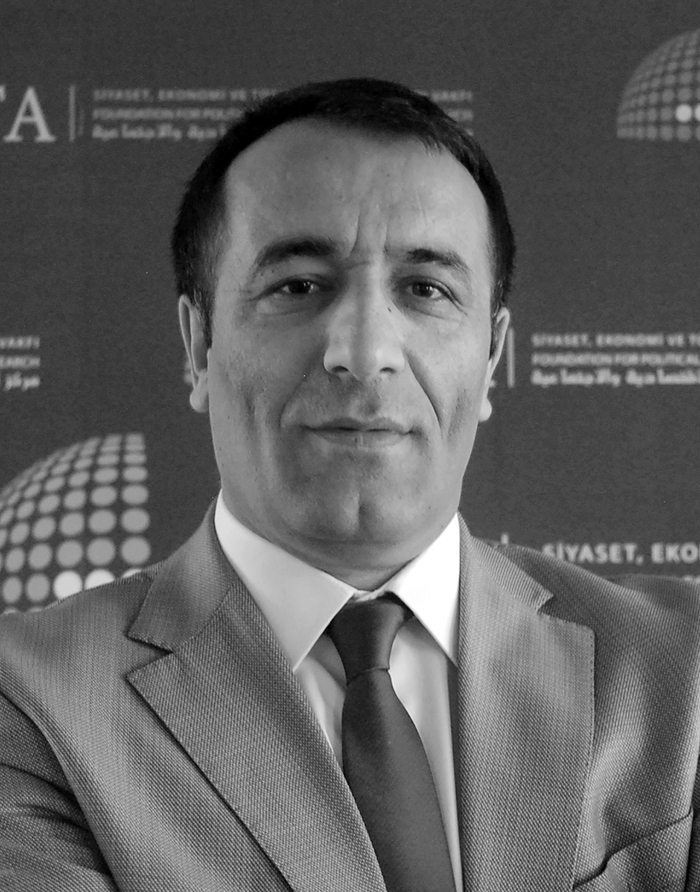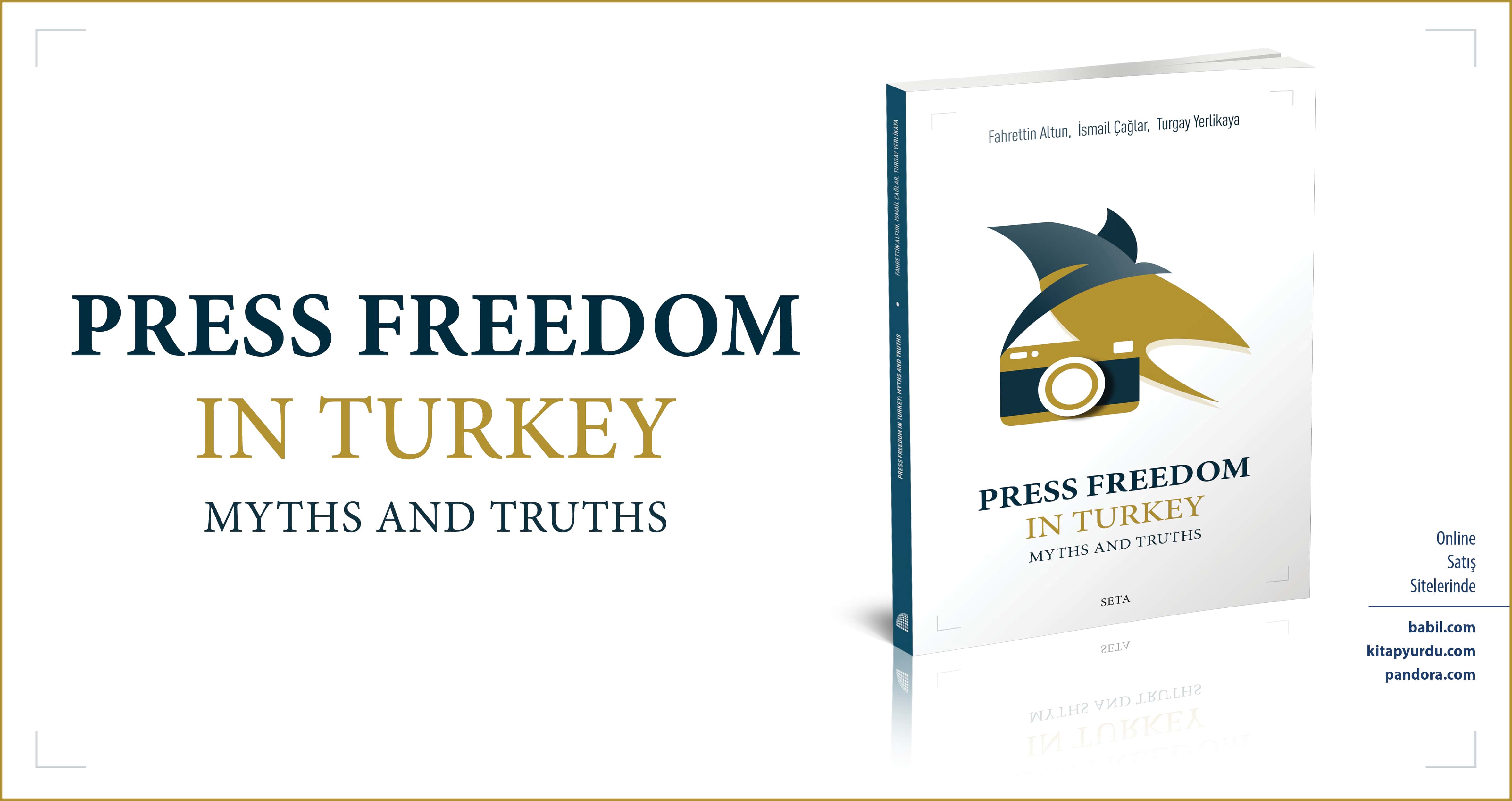The Kurdish issue, which has hurt Turkey the most since the 1980s, had a negative economic impact on not only Eastern and South Eastern regions but also all other regions in Turkey. In the last three decades, expenditures—which were to be allocated to required areas such as education, health and public works—have been allocated to military thus increasing the burden on the country. As a result, the economy became fragile against domestic and foreign shocks due to high inflation rates, foreign debt, high budget and current account deficit. Furthermore, the development projects in the region have not been completed. This decreased not only the national income but also per capita income. Given the risky image of the region, investments did not increase despite incentive policies of the government. Consequently, the region suffered from high unemployment rates and a considerable number of people emigrated from the region.
TURKEY WILL BE THE CENTER OF ECONOMIC POWER
The political and economic instability of the region also negatively contributed to the international image of Turkey. Rating agencies, which have a great influence in the market, did not upgrade Turkey’s rate to investable level for a long time. Investment funds to Turkey were blocked and high debt interests had a heavy cost for Turkey.
A healthy resolution process for the Kurdish question, the long-lasting issue of Turkey, and ensuring peace at the end of this process will greatly contribute to the economic stability of Turkey. The stability and trust environment that Turkey has achieved in the last decade greatly contributed to economic stability. Turkey has received 110 billion dollar worth direct foreign investment in the last nine years. Furthermore, Turkey became the 13th most attractive destination for foreign investment in 2012. The resolution process will greatly contribute to mobilizing idle resources and potential and to improving investment environment and Turkey’s outlook. In this sense, some of the credit rating agencies have already given signals that they will upgrade Turkey’s note.
On the other hand, investors are willing to be close to the Middle Eastern, African and North African regions and to increase their investments in these regions. This quest will significantly increase direct foreign investments in these regions. The economic transformation in the region will enable effective use of regional resources and ensure sustainable peace and environment of trust. During this process, employment opportunities will be created in the region and significant improvements will be made in stock breeding and tourism. The current potential of the region and incentives to the region will not only attract new investors but also increase the investment volume of current investors. Consequently, riches of the region will largely contribute to Turkey’s economic development.
The resolution process with the new incentive system will greatly contribute to investments and employment in the region and provinces in the region will, therefore, become attractive destinations for investment. The increase in investments in the region will resolve the immigration issue and will reduce disparities in development levels of regions. Provinces in the Eastern and Southeastern Turkey, notably Diyarbakır and Mardin, will be among the attractive destinations.
NORTHERN IRAQ WILL GROW IN IMPORTANCE
The normalization of the region will strengthen the geopolitical position and strategic importance of Turkey in the energy sector. Turkey has a strategic importance owing to its geographical position and its relations with the countries that are rich in energy resources. Today, Northern Iraq can open up to the world and export oil to Europe in a cheap and safe way only with the help of Turkey. In this sense, Eastern and Southeastern regions of Turkey serve as transfer gates for the energy resources of the world. The resolution process will ensure a peace environment in the region and th









